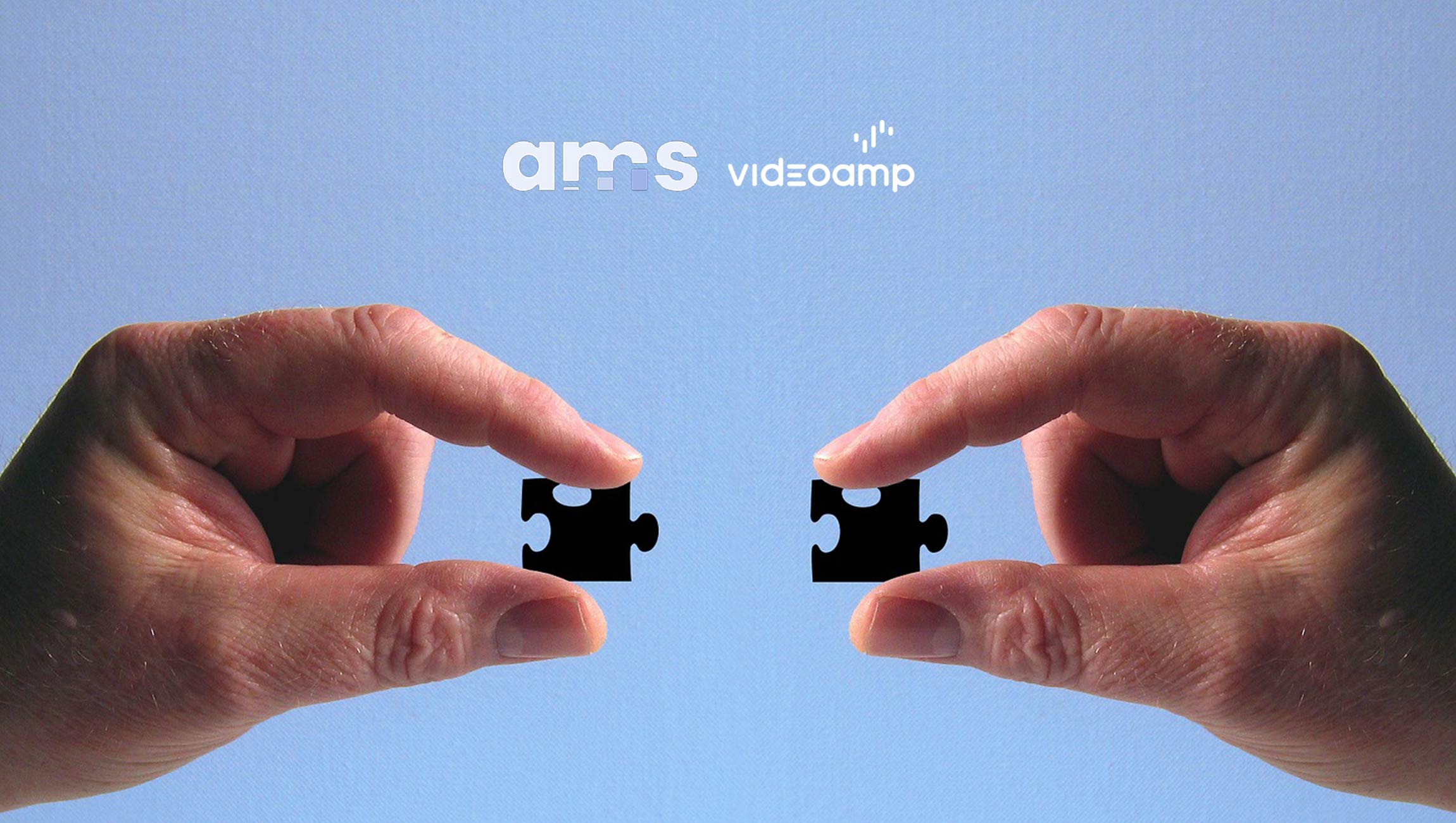A profound transformation is underway in the marketing technology ecosystem that few are openly discussing. While marketers have historically focused on planning elaborate campaigns months in advance, today’s martech revolution is happening at the micro-level, with AI making thousands of subtle optimizations that collectively drive superior results.
The shift from campaign-centric marketing to continuous optimization is fundamentally changing how brands compete and succeed. According to recent studies, companies leveraging AI-powered micro-decisions have seen conversion rates increase by up to 35% compared to traditional campaign approaches.
The Anatomy of Marketing Micro-decisions
AI-powered micro-decisions refer to the numerous small adjustments made continuously across marketing operations. Unlike traditional marketing decisions that might take weeks to implement, these micro-decisions happen in milliseconds without human intervention.
What exactly constitutes a marketing micro-decision?
-
Real-time bid adjustments:
Algorithms that adjust PPC bids based on thousands of signals about user intent
-
Dynamic content variations:
AI selecting the optimal headline, image, or call-to-action for each individual viewer
-
Personalized user journeys:
Systems that rewrite customer pathways based on behavioral patterns
-
Contextual pricing optimization:
Subtle price adjustments based on demand, competition, and user signals
-
Timing calibration:
Determining the precise moment to deliver a message for maximum impact
Why Micro-decisions Outperform Traditional Campaigns?
Large campaigns require significant lead time, operate with incomplete information, and struggle to adapt to rapidly changing conditions. Micro-decisions offer several compelling advantages:
-
Adaptation Speed:
While campaigns take weeks to adjust, micro-decisions evolve in real-time based on the latest information.
-
Precision Targeting:
AI can process billions of data points to identify patterns invisible to human marketers, creating opportunities for hyper-individualization rather than broad segmentation.
-
Continuous Learning:
Each interaction becomes a data point that improves future decisions, creating a virtuous cycle of optimization.
The shift toward micro-decisions represents a profound philosophical change in marketing strategy. Brands no longer need to bet everything on periodic campaign launches. Instead, they can continuously refine their approach through thousands of small, measurable improvements.
How AI is Reinventing Key Marketing Functions?
Instead of producing a handful of creative variations for A/B testing, martech systems now generate thousands of dynamic creative permutations, each optimized for specific contexts and individuals. This enables:
- Testing hundreds of headline variations simultaneously
- Dynamically assembling visual elements based on user preferences
- Adjusting messaging tone and complexity to match user behavior patterns
- Optimizing calls-to-action based on conversion probability
Similarly, customer journey orchestration has evolved from rigid, pre-planned sequences to fluid and responsive pathways.
Overcoming Barriers to AI-Driven Marketing Transformation
Despite its promise, implementing AI-driven micro-decision systems presents significant challenges for many organizations. Common obstacles include:
-
Data Fragmentation:
AI requires unified, high-quality data to make effective decisions.
-
Organizational Resistance:
Traditional marketing structures and workflows aren’t designed for continuous optimization.
-
Measurement Complexity:
New approaches require new metrics and evaluation frameworks.
-
Technical Integration:
Connecting various martech components to enable seamless data flow and execution.
Organizations successfully navigating this transition typically begin with focused use cases that demonstrate value before expanding. They also invest in creating a single customer data platform to fuel their AI systems and develop new skill sets among their marketing teams.
Marketing Technology News: MarTech Interview with Aaron Kechley, CEO @ Zappi
Balancing Automation and Human Creativity
The rise of micro-decisions doesn’t eliminate the need for human creativity and strategic thinking. In fact, it elevates their importance by freeing marketers from routine optimization tasks.
In this new paradigm, marketers must:
- Define the strategic guardrails within which AI systems operate
- Establish the brand voice and values that guide content generation
- Identify new opportunities and channels that AI might not discover
- Interpret complex patterns that emerge from AI-driven campaigns
The most successful martech implementations find the right balance between AI-driven micro-decisions and human creativity.
What’s Next for AI-Driven Marketing Optimization?
Looking ahead, we can envision marketing ecosystems that operate with increasing levels of autonomy, making not just micro-decisions but coordinating them across channels and objectives to optimize overall business outcomes.
The evolution will likely include:
- AI systems that dynamically allocate budgets across channels based on real-time performance
- Autonomous content creation that generates and tests new messaging concepts without human intervention
- Predictive customer journey mapping that anticipates needs before they explicitly arise
- Self-optimizing martech stacks that identify and address their own inefficiencies
Key Implications for Marketing Leaders
To stay competitive in this new environment, marketing leaders should:
- Audit your martech stack to identify opportunities for implementing micro-decision capabilities.
- Invest in unifying customer data sources to provide the foundation for effective AI-driven decisions.
- Develop new success metrics that capture the cumulative impact of micro-optimizations rather than just campaign performance.
- Build teams with both technical and creative skills who can work effectively alongside AI systems.
- Start with focused use cases that demonstrate clear ROI before expanding to more complex applications.
Conclusion
Large-scale campaigns remain valuable for brand building, but relying on them alone is risky in a volatile market. Today’s marketers must embrace rapid, AI-powered micro-decisions to keep up with ever-changing consumer expectations. By leveraging martech and addressing the challenges tied to real-time data, organizations can craft consistently relevant experiences that inspire brand loyalty.
Marketing Technology News: Understanding What a B2B Marketing Manager Does: A Quick Breakdown of the Role











